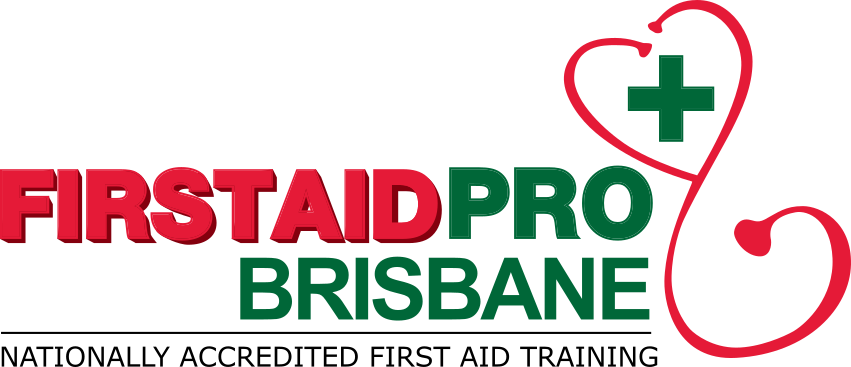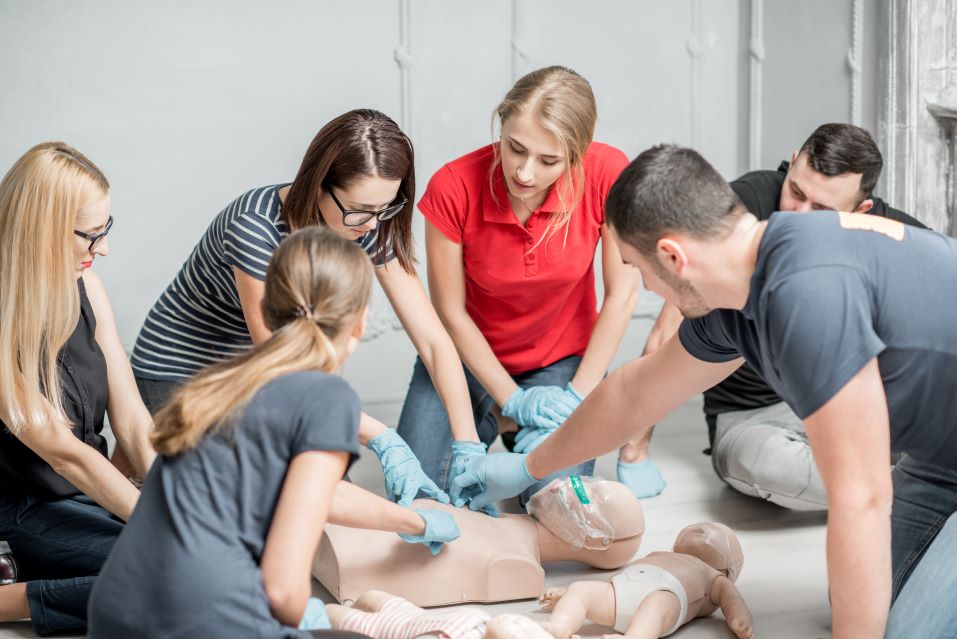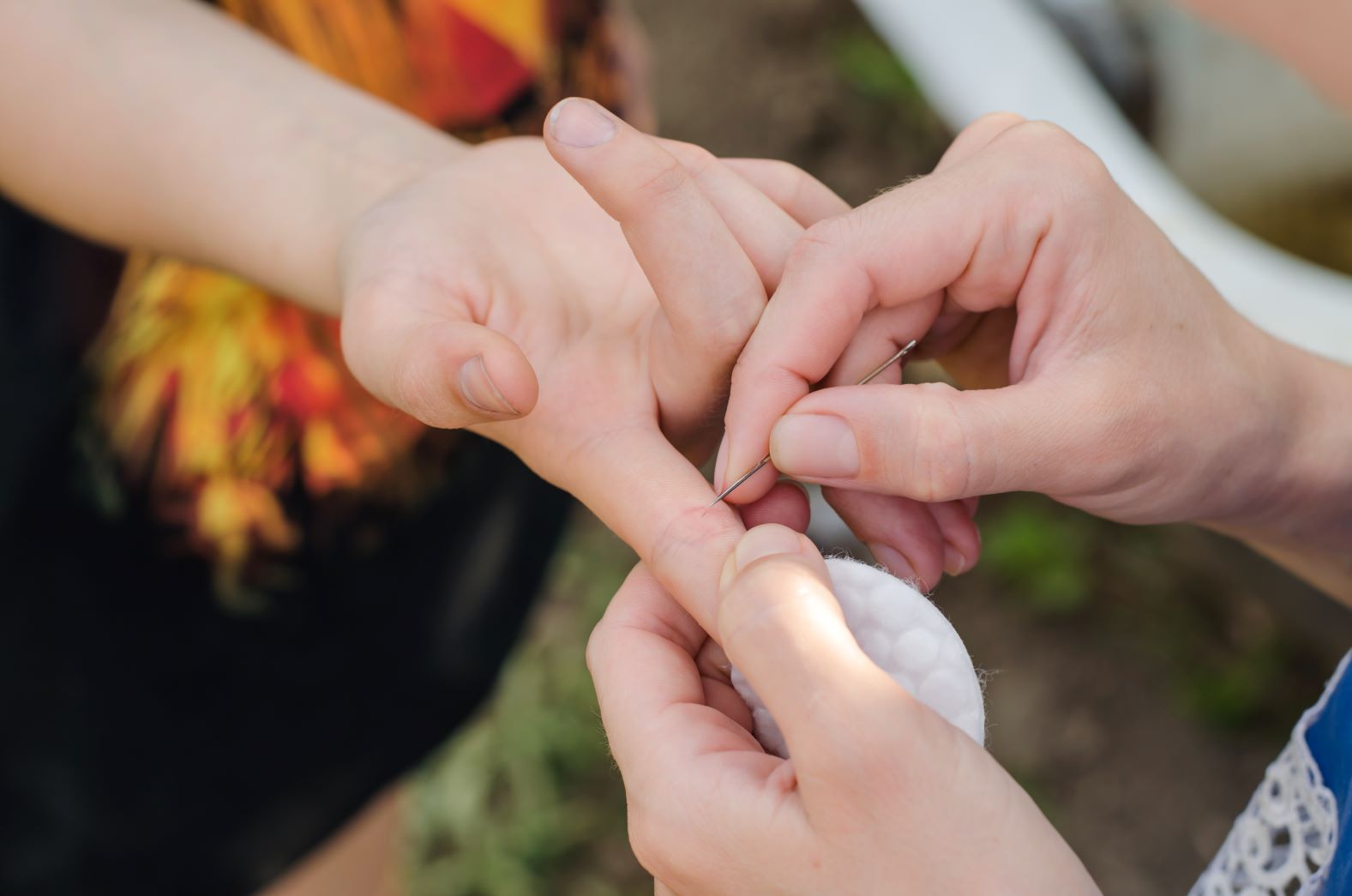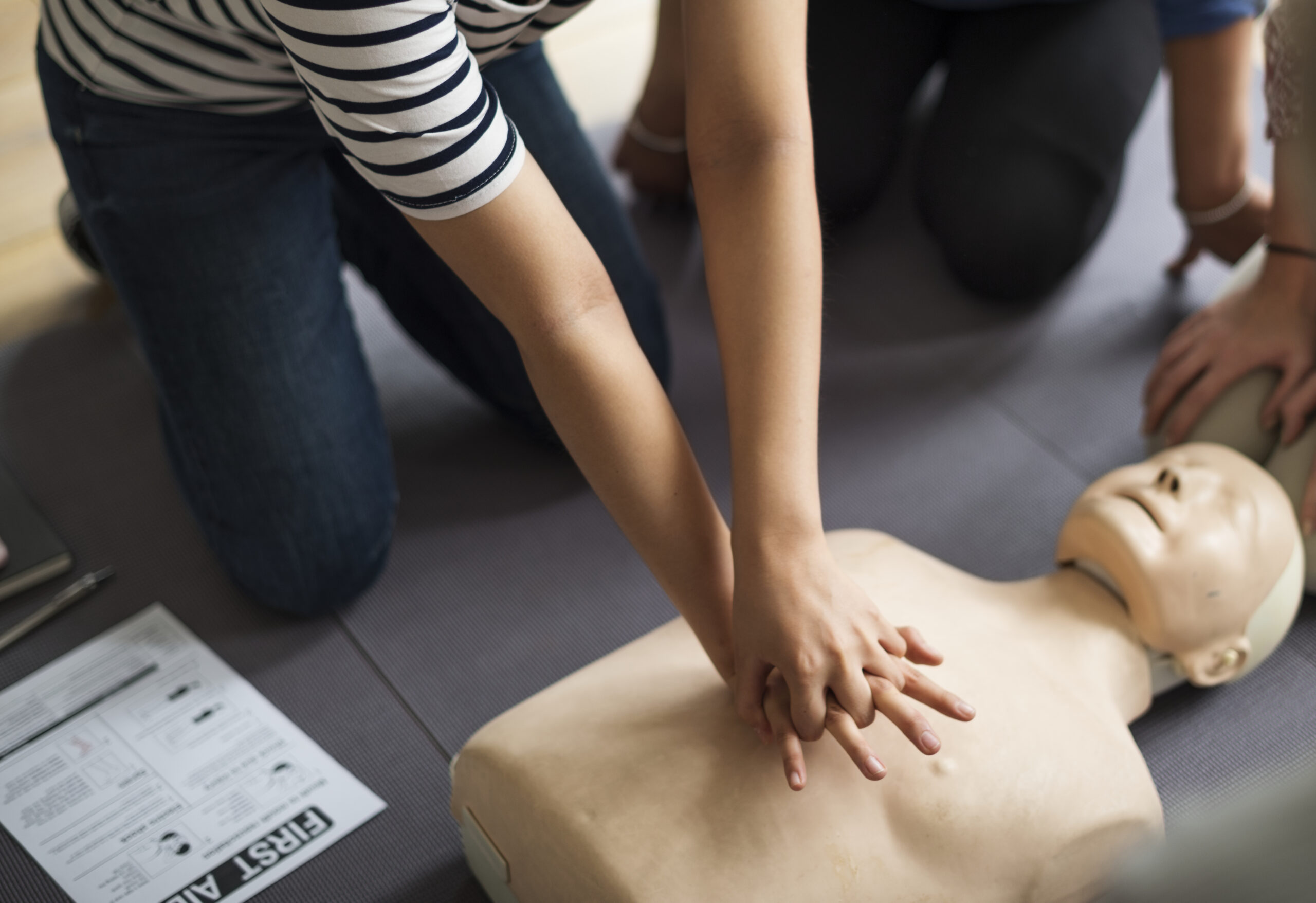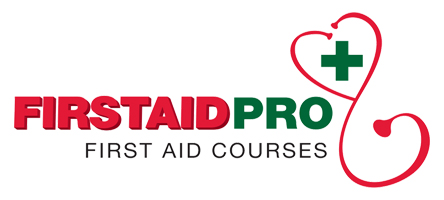A well-stocked medicine cabinet can make a whole world of difference in treating aches, injuries, and miserable symptoms.
Do not wait until someone is sick, injured, or hurt before stocking up on essential over the counter medicine and supplies.
What To Keep In Your Medicine Cabinet?
It is always good to have all these essentials on hand when building a medical cabinet.
Pain Relievers
A non-prescription pain reliever can come in handy when someone has a headache or is experiencing menstrual cramps or a pulled muscle. The main categories of pain medication are to reduce fever and relieve pain.
The most common over the counter pain relievers are aspirin, anti-inflammatories (Ibuprofen and naproxen), and acetaminophen (Tylenol).
Remember that taking too many pain relievers on a long-term basis can lead to various complications, including stomach irritation and even liver failure.
Cough Medications
Cough medicines are commonly used to treat a person with upper respiratory tract infection (URTI). These medications are often divided into categories such as dry cough or chesty cough.
Cough medications often work after a couple of days, but if the symptoms last more than a week or are accompanied by a fever, it is best to see a doctor. The condition may be a sign of bronchitis or pneumonia, requiring further medical attention.
Cold Medicines
Cold medications often contain a pain reliever, a cough suppressant, and an expectorant that help loosen the mucus build-up. Taking these medicine makes it easier for the person to cough them up.
Allergic Medications
Antihistamines are a class of drugs used to treat symptoms of allergies, such as hay fever, hives, and reactions due to insect bites or stings and even exposure to pollen allergens.
These medications are also effective in treating various conditions such as colds, stomach problems, anxiety, and more.
Digestive Aids
There are three types of at-home medication treatment for digestive issues. These include
- Tums or Rolaids for mild and food-related heartburn. These medications do not provide long term relief but contain quick-release formulas that help control faster.
- Mylanta or Maalox for people who experience heartburn on a regular basis. These are long-lasting than fast-release chewable like tums or Rolaids.
- Zantac or Prevacid to prevent the stomach from producing too much acid in the long term.
Ointment And Creams
Several topical medications are available for burning, itching, or irritated skin. Do not fall to several first aid myths, including putting things into the skin.
Some ointments and creams include:
- Calamine lotion for itch-relief
- Topical Benadryl cream to alleviate symptoms of skin irritation. These blocks histamine, which is a common culprit behind itching sensation.
- Topical steroids with low potency but still well work with skin itching and irritation.
Other Tips And Tricks
When building a medicine cabinet, it is a good practice to keep an inventory of its expiration dates. A new prescription will require a listing of its expired date (or last day for refill).
For elders living at home who take regular medications, ensure that all their medicine and dosage are correct, including the best time for taking. Some medicines may have side effects when taken the wrong way that may be unhealthy for the elderly.
For small children in the house, make sure no medications are in their line of sight. Keep the medicine cabinet out of reach and use child-proof containers. It is also best to use medicines like children’s strength decongestants or cough medications to prevent accidental mixed-ups.
Conclusion
There you have it – the medicine cabinet essentials to treat common illnesses and skin injuries.
Make sure to know how to use all items in the medicine cabinets properly.
We recommend keeping all medication in its original packaging to avoid losing important information about safe usage and possible side effects. If a problem persists or the person develops other symptoms such as high fever, make sure to see a doctor.
Consider getting a first aid course to learn more.
